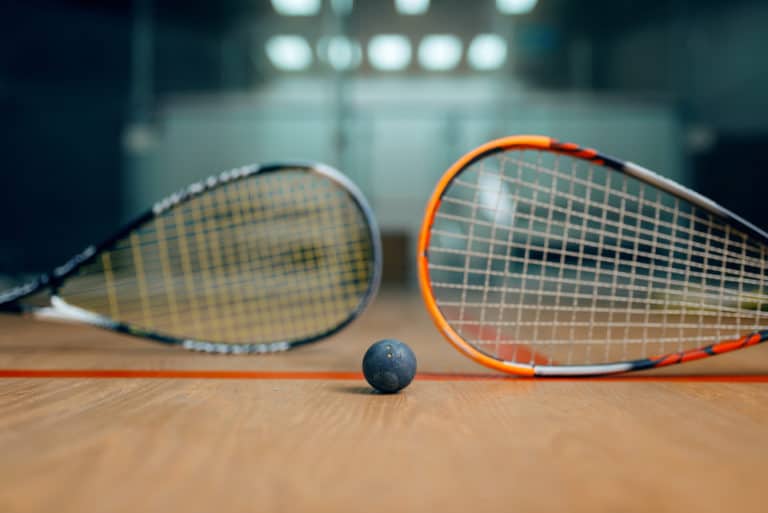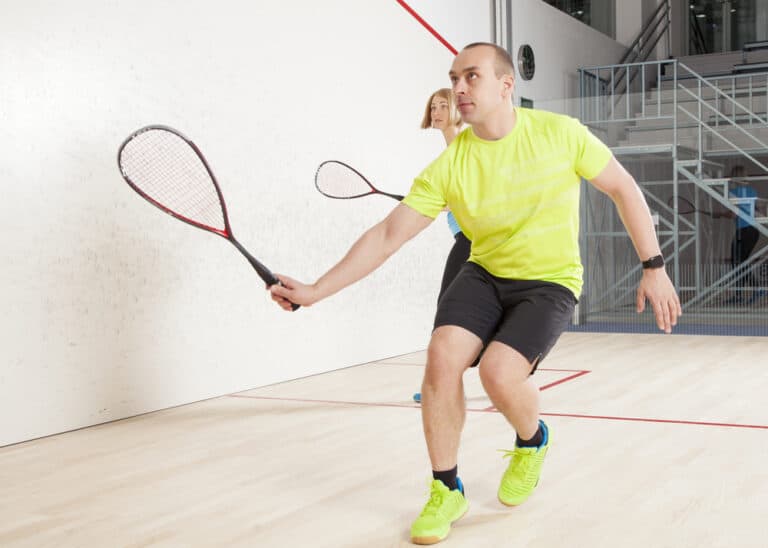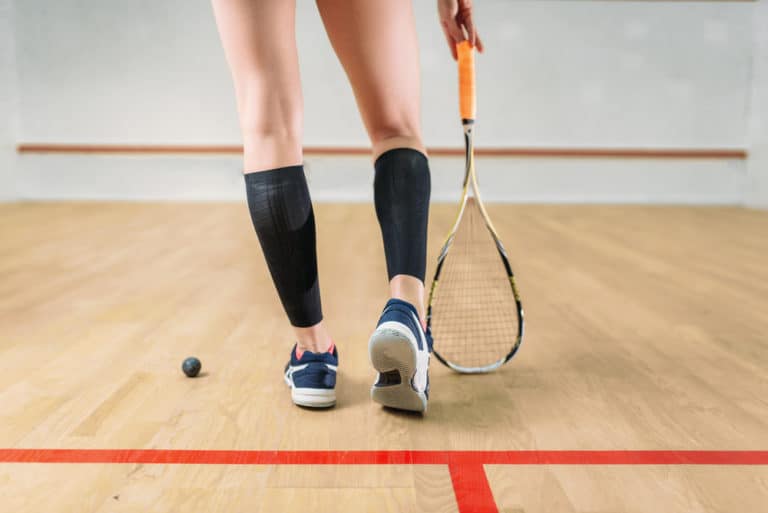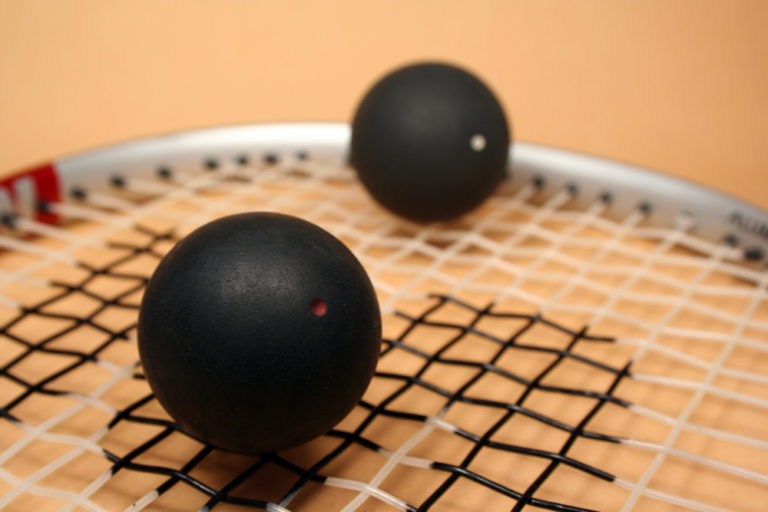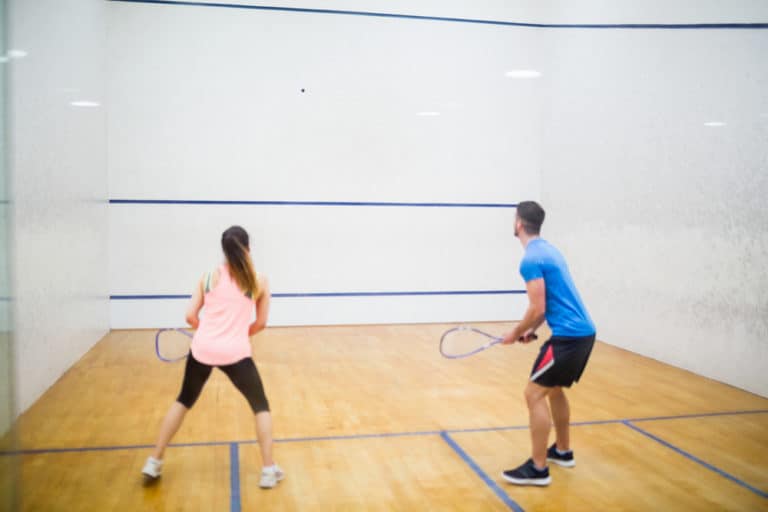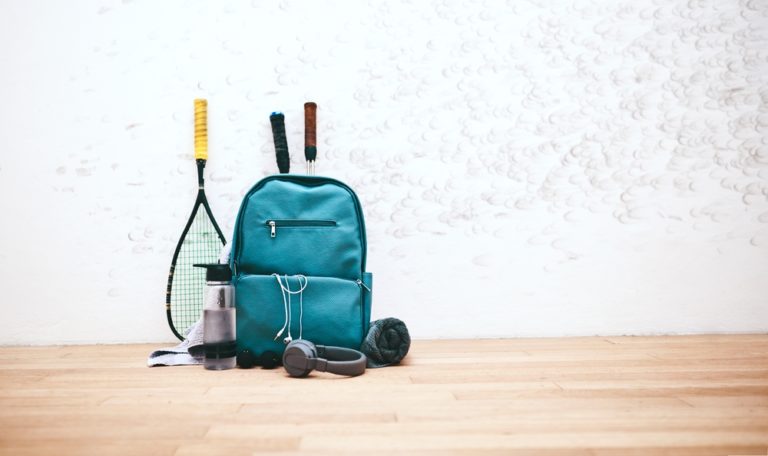Can You Wear Gloves Playing Squash?
Squash is an intense racket sport that is not for the faint of heart. Playing this sport has many benefits, including improved health and better reflexes, but there are many dangers that are associated with squash as well. Many squash players have been injured while playing, and many experienced uncomfortable problems such as blisters. These issues lead many to wonder if you can wear gloves for playing squash.
You can wear gloves for playing squash. No squash rules prohibit the use of gloves for the sport. Wearing gloves provides good hand protection and can improve grip, but players prefer to play without them as gloves can also decrease mobility, feel, feedback, and control.
There are several items of safety equipment that can benefit squash players, but there are pros and cons to wearing them. Using gloves and other safety equipment can be helpful, but they can be a hindrance as well. Let’s explore the use of gloves in squash to find out if you are allowed to and if there are any real benefits of doing so.
Can You Wear Gloves For Playing Squash?
Squash can be an intense game, and it is common for players to sustain both minor and serious hand injuries. Squash rackets can also be difficult to hold onto for some players, and new players often experience problems such as blisters and damaged skin on their hands from playing squash. This leads many players to wonder if they can wear gloves for playing squash.
The truth is that you can wear gloves for playing squash if you choose to do so. There are no rules for the sport that prohibit the use of gloves while playing, and there are some advantages that can come along with using gloves for squash.
With that said, there are some disadvantages to wearing gloves for squash, and many players prefer not to use them at all.
Wearing gloves for squash is not prohibited by any clubs or organizations, nor do the official squash rules and regulations prevent players from wearing them. In fact, some clubs require squash players to wear gloves, as it can reduce the amount of sweat that is dispersed within the squash court.
Using gloves can be a benefit for some players, and it can be a hindrance. Whether or not you wear gloves is your own decision, but it is important to try them out for yourself before deciding.
What Are The Benefits Of Wearing Gloves For Squash?
We have established that it is legal to wear gloves while playing squash and that players are not prohibited from doing so, but also that there are some significant benefits that can be associated with playing squash while wearing gloves. What are these benefits, and do they benefit every player who uses gloves for this sport?
There are multiple benefits that are associated with wearing gloves for squash, but the most prevalent is that wearing gloves protects the hands well while playing the sport. Wearing gloves prevents blisters and skin damage, and many squash gloves are padded or thicker at the back of the hand to protect the hand from impacts.
It is not uncommon for players to be struck by their opponent’s racket or by the ball by accident while playing a squash match. If this happens, the hand can be severely damaged, and wearing gloves can reduce the impact of these collisions and protect the skin and bones in the hand from serious damage.
Wearing gloves also improves grip, which is critical for playing squash well. This sport is intense and fast-paced, and players tend to sweat a lot while playing. This means that it can be difficult to hold onto a squash racket, which can make it even more challenging to play the game.
Well-made, good-quality squash gloves provide all of the grip necessary to keep hold of the racket well and maintain control in the game.
Some gloves are made to provide support for the hands, fingers, and wrists while applying squash. This can be a benefit for players who have pre-existing injuries in these areas and need this physical support to play well.
The truth is that most of these benefits are applicable to almost all squash players, and many players enjoy using gloves for this reason. However, there are also drawbacks to using gloves while playing squash, and many players prefer to use bare hands for the sport.
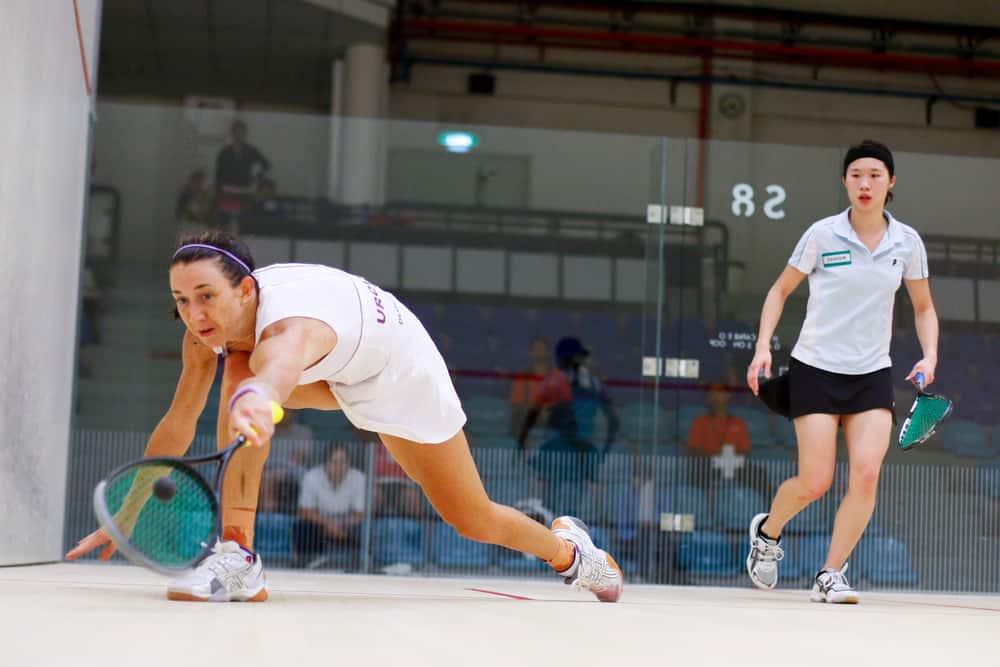
What Are The Drawbacks Of Wearing Gloves For Squash?
There are many benefits that come with using gloves for playing squash, but as we have already learned, there are some significant drawbacks as well. What are the cons of using gloves to play squash, and why would a player prefer to play the sport with bare hands?
The cons that are associated with using gloves for squash include decreased mobility and flexibility, degreased feel and feedback, increased weight, reduced grip strength, and even reduced racket and ball control.
Using gloves for squash can reduce the mobility and flexibility required to move the hands and wrists freely to play the game well. Every player requires a good feel and feedback from the ball through their racket when playing to be sure that they are striking the ball in the sweet spot – using gloves can significant reduce the feel and feedback, which decreases a player’s ability to strike effectively.
Wearing gloves while playing squash increases the weight of the hands, which can reduce the speed that a player can utilize for their swings, which can be a significant disadvantage.
Using thick gloves can also reduce the players’ ability to grip their racket, which is also a good way to decrease efficiency in the sport and reduces the players’ sporting ability.
All of these factors can reduce the players’ ability to control their racket and to control the ball in play. These are all significant disadvantages that outweigh the advantages for many players, which is why most squash players prefer to use a high-quality racket grip rather than squash gloves.
Conclusion
At the end of it, there are several types of squash gloves that are made to be as advantageous as possible and mitigate the drawbacks of using gloves, but most players still prefer to use good racket grips over using squash gloves.
Every player is permitted to use gloves if they so choose, but the disadvantages of using them leave most squash players playing with bare hands, despite the possibility of injury.


